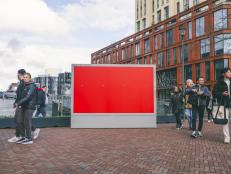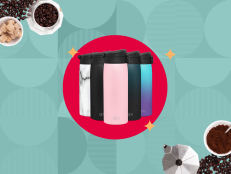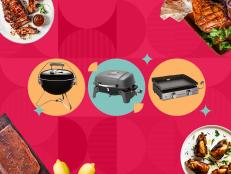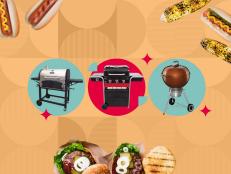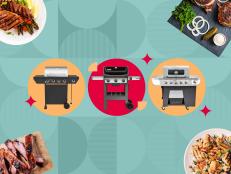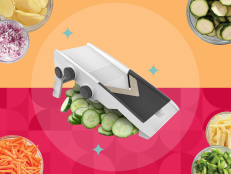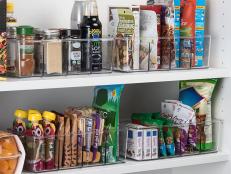How Much Would You Pay for That Dinner Reservation?

Thinkstock
It would probably be an overstatement to call the usual way of reserving a table at a hot restaurant at a prime time on a Saturday night an entirely democratic process. In theory, snagging a seat is simply a matter of dialing up the restaurant or booking online through a free website like OpenTable — equally accessible to all. In fact, it probably doesn't hurt to know someone or be someone or, if conventional wisdom holds, be the kind of person who's willing to slip a little cash someone's way.
Now a new batch of fee-based apps is aiming to change the way tables at desirable restaurants are reserved. Whether these new apps, which claim to make hard-to-get reservations available to anyone willing to open their wallets, make the process more democratic is open to debate. Certainly they'll make it more expensive.
Whether restaurants and diners will embrace the idea of paying for something that has always been free, if sometimes inaccessible, remains to be seen. In New York City, the market most of these new apps initially aims to serve, people are already used to paying a fee to book tickets to events — even to movies.
"But for restaurateurs — even those who demand $6 for a baked potato to accompany a $48 steak — charging patrons for reservations feels like touching the third rail," Julia Moskin noted in a recent New York Times story about the new apps.
One entry into the field, Food For All, which launched in April, has already folded, citing restaurants' resistance to the idea of paid reservations, though the company has vowed to return with a new business model. But aspiring diners still have a lot of services to choose from, each functioning somewhat differently.
Zurvu charges "guests" a "nominal convenience fee" of $5 per seat to book tables at desirable New York City eateries "during prime hours," then donates $1 from each convenience fee to a food-related charity and splits the remaining $4 equally with the restaurants, according to a news release about its recent launch. (While OpenTable charges restaurants for its booking service, participating in zurvu is free to restaurants.)
Shout, which launched in February, puts buyers and sellers of restaurant reservations in direct contact, allows them to haggle over price, and facilitates payment.
Killer Rezzy sells reservations at its partner restaurants "a la carte," usually for about $25 each, as well as to "non-partner restaurants." "When you purchase a reservation at one of Killer Rezzy's partner restaurants, you will check in using your own name," the Killer Rezzy site explains. "When you purchase a reservation at a non-partner restaurant, you will check in under one of our members' names." Hmmm.
And in just the past few days, another new reservation app, Resy, has launched, promising to give its users access to "premium tables, like the ones usually reserved for VIPs" and let them "bypass the usual reservation runaround" for fees ranging from about $10 to $25 per person. "Who doesn't want to be treated like a friend of the chef?" Resy's website wonders.
But there are many who find the whole idea of paying for preferential treatment distasteful — and perhaps a slippery slope.
"We have to think about the long-term effects," Anthony Rudolf, a veteran of the dining rooms at Jean-Georges and Per Se, told Julia. Paying up front, he said, "changes the whole experience of hospitality."
Indeed.
































